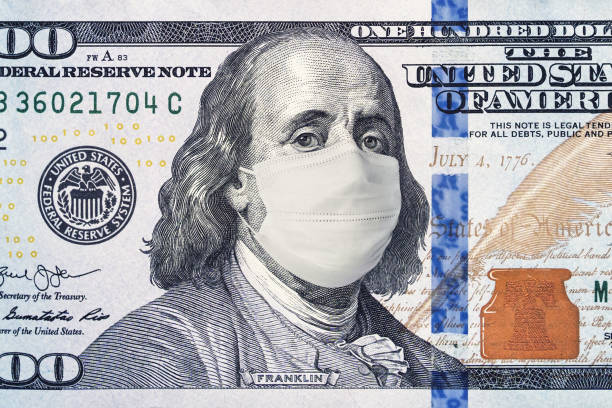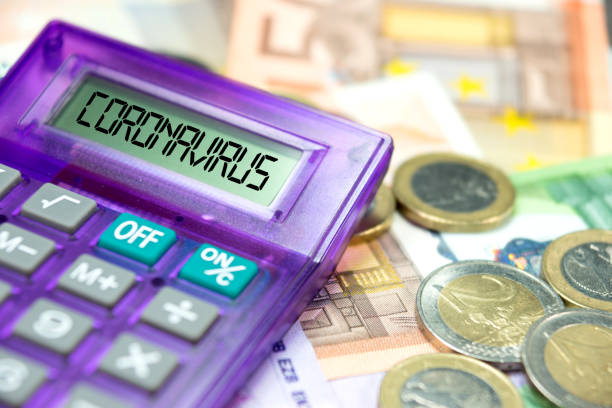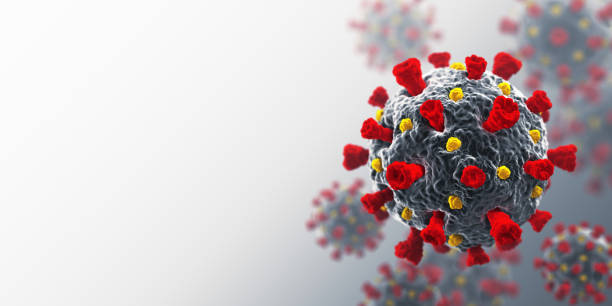Coronavirus Guidelines: Navigating the New Normal
In a world forever altered by the emergence of the novel coronavirus, understanding and adhering to proper guidelines has become a crucial aspect of our daily lives. The coronavirus, scientifically termed SARS-CoV-2, instigated the ongoing global pandemic, compelling nations, communities, and individuals to take unprecedented measures to curb its spread. This article delves into the fundamental coronavirus guidelines that have become an integral part of the new normal, encompassing key aspects of personal hygiene, social interactions, travel, and mental well-being.
Personal Hygiene: Shielding Yourself and Others
Amidst the pandemic, personal hygiene practices have gained renewed importance as primary defenses against the virus. The cornerstone of these guidelines is frequent and thorough handwashing. Health authorities recommend washing hands with soap and water for at least 20 seconds, especially after being in public spaces, touching surfaces, or interacting with others. Hand sanitizers containing at least 60% alcohol are suitable alternatives when soap and water are unavailable.
Facial coverings, often referred to as masks, have emerged as a potent safeguard against respiratory droplets carrying the virus. The guidelines advise wearing masks in public settings, especially when maintaining physical distance proves challenging. Masks not only protect the wearer but also mitigate the potential transmission of the virus to others. The efficacy of masks lies in their ability to reduce the distance that respiratory droplets can travel, thereby decreasing the risk of contagion.
Social Interactions: Navigating a Distanced World
The pandemic has necessitated a reevaluation of how we interact with others. Social distancing, often called physical distancing, is the practice of maintaining a safe space between individuals to reduce the risk of viral transmission. Guidelines advocate maintaining at least six feet of distance from people outside one's household, whether in public spaces, workplaces, or social gatherings.
The concept of social bubbles or pods has gained prominence as a means to balance the need for human connection with safety. Creating a small, consistent group of individuals with whom close contact is maintained can help curb the virus's spread while addressing the innate social needs we all possess.
Travel: Navigating Uncharted Territories
Travel guidelines have witnessed substantial transformation in response to the pandemic. Non-essential travel has been discouraged or restricted in many regions to contain the virus's movement. Those who must travel are advised to stay informed about the COVID-19 situation in their destination, including infection rates and local regulations. Quarantine or testing requirements may apply upon arrival, depending on the area's circumstances.
Virtual alternatives have gained traction as a way to engage in activities that once necessitated physical presence, such as business meetings, conferences, and even social gatherings. Embracing virtual tools not only minimizes exposure but also demonstrates adaptability in the face of adversity.
Mental Well-Being: Nurturing Resilience
The pandemic's toll extends beyond the physical realm, impacting mental health globally. Uncertainty, isolation, and information overload contribute to heightened stress levels. Prioritizing mental well-being has become paramount. Maintaining a routine, staying connected with loved ones virtually, and seeking professional help when needed are crucial components of these guidelines.
Balancing news consumption is vital. While staying informed is important, excessive exposure to distressing news can exacerbate anxiety. Engaging in hobbies, physical activity, and mindfulness techniques can help manage stress and promote resilience.
The Way Forward: A Collective Responsibility
Adhering to coronavirus guidelines is a collective responsibility that transcends geographical and cultural boundaries. By adopting these practices, individuals play a pivotal role in mitigating the virus's spread, protecting vulnerable populations, and ultimately overcoming the pandemic. As scientific knowledge evolves, guidelines may be refined, emphasizing the importance of staying informed through reliable sources such as the World Health Organization (WHO) and national health agencies.
In conclusion, the coronavirus pandemic has thrust us into a new reality, characterized by modified behaviors and novel ways of navigating life's facets. Embracing personal hygiene, adapting social interactions, approaching travel cautiously, and safeguarding mental well-being are the pillars of these guidelines. In our concerted efforts lies the potential to curb the virus's impact, ensure the safety of our communities, and pave the way toward a brighter and healthier future.
In a world forever altered by the emergence of the novel coronavirus, understanding and adhering to proper guidelines has become a crucial aspect of our daily lives. The coronavirus, scientifically termed SARS-CoV-2, instigated the ongoing global pandemic, compelling nations, communities, and individuals to take unprecedented measures to curb its spread. This article delves into the fundamental coronavirus guidelines that have become an integral part of the new normal, encompassing key aspects of personal hygiene, social interactions, travel, and mental well-being.
Personal Hygiene: Shielding Yourself and Others
Amidst the pandemic, personal hygiene practices have gained renewed importance as primary defenses against the virus. The cornerstone of these guidelines is frequent and thorough handwashing. Health authorities recommend washing hands with soap and water for at least 20 seconds, especially after being in public spaces, touching surfaces, or interacting with others. Hand sanitizers containing at least 60% alcohol are suitable alternatives when soap and water are unavailable.
Facial coverings, often referred to as masks, have emerged as a potent safeguard against respiratory droplets carrying the virus. The guidelines advise wearing masks in public settings, especially when maintaining physical distance proves challenging. Masks not only protect the wearer but also mitigate the potential transmission of the virus to others. The efficacy of masks lies in their ability to reduce the distance that respiratory droplets can travel, thereby decreasing the risk of contagion.
Social Interactions: Navigating a Distanced World
The pandemic has necessitated a reevaluation of how we interact with others. Social distancing, often called physical distancing, is the practice of maintaining a safe space between individuals to reduce the risk of viral transmission. Guidelines advocate maintaining at least six feet of distance from people outside one's household, whether in public spaces, workplaces, or social gatherings.
The concept of social bubbles or pods has gained prominence as a means to balance the need for human connection with safety. Creating a small, consistent group of individuals with whom close contact is maintained can help curb the virus's spread while addressing the innate social needs we all possess.
Travel: Navigating Uncharted Territories
Travel guidelines have witnessed substantial transformation in response to the pandemic. Non-essential travel has been discouraged or restricted in many regions to contain the virus's movement. Those who must travel are advised to stay informed about the COVID-19 situation in their destination, including infection rates and local regulations. Quarantine or testing requirements may apply upon arrival, depending on the area's circumstances.
Virtual alternatives have gained traction as a way to engage in activities that once necessitated physical presence, such as business meetings, conferences, and even social gatherings. Embracing virtual tools not only minimizes exposure but also demonstrates adaptability in the face of adversity.
Mental Well-Being: Nurturing Resilience
The pandemic's toll extends beyond the physical realm, impacting mental health globally. Uncertainty, isolation, and information overload contribute to heightened stress levels. Prioritizing mental well-being has become paramount. Maintaining a routine, staying connected with loved ones virtually, and seeking professional help when needed are crucial components of these guidelines.
Balancing news consumption is vital. While staying informed is important, excessive exposure to distressing news can exacerbate anxiety. Engaging in hobbies, physical activity, and mindfulness techniques can help manage stress and promote resilience.
The Way Forward: A Collective Responsibility
Adhering to coronavirus guidelines is a collective responsibility that transcends geographical and cultural boundaries. By adopting these practices, individuals play a pivotal role in mitigating the virus's spread, protecting vulnerable populations, and ultimately overcoming the pandemic. As scientific knowledge evolves, guidelines may be refined, emphasizing the importance of staying informed through reliable sources such as the World Health Organization (WHO) and national health agencies.
In conclusion, the coronavirus pandemic has thrust us into a new reality, characterized by modified behaviors and novel ways of navigating life's facets. Embracing personal hygiene, adapting social interactions, approaching travel cautiously, and safeguarding mental well-being are the pillars of these guidelines. In our concerted efforts lies the potential to curb the virus's impact, ensure the safety of our communities, and pave the way toward a brighter and healthier future.




